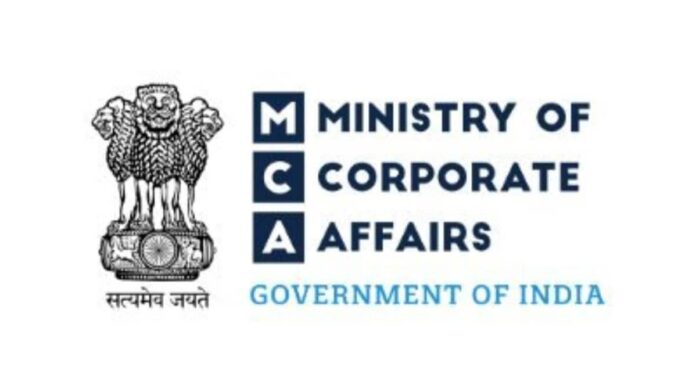The ministry of corporate affairs (MCA) has given an extension for private companies to convert their physical shares into electronic form by June 2025. The extension has come as two depositories NSDL (National Securities Depository Limited) and CDSL (Central Depository Services Limited) have a huge backlog of applications from companies to deal with.
Experts said that many of the private companies have applied for dematerialisation which was notified by the MCA in August 2023. “The enforcement of the notification witnessed a slew of applications for dematerialisation with depositories which increased their task. With almost 1.7 million active private companies in India, the implementation ask on effective date being September 30, 2024, was not commensurate with the magnitude of applications requiring the depositories’ attention,” said Sandeep Jhunjhunwala, M&A tax partner at Nangia Andersen LLP.
ALSO READHonasa Consumer beats estimates; revenue up 6%
MCA amended the companies (prospectus and allotment of securities) rules, 2014 to introduce Rule 9B which mandated private companies – barring small (with a turnover below Rs 40 crore and a paid-up capital below Rs 4 crore) and government companies – to dematerialise their shares in about a year.
“The extension clears the shadow of non-compliance cast on private companies who are still waiting in queue for their applications to be cleared by the depositories. The blanket extension appears to ringfence even those companies who had not filed an application seeking dematerialisation. Such companies seem to have been given an extended window to now file for dematerialisation and still be compliant with the law,” said a corporate lawyer.
Experts said that dematerialisation can benefit all stakeholders, including companies, investees and regulators.
Gautam Adani’s renewable energy park along Pak border raises national security concerns: Report
For instance, in the case of companies, having demat shares removes the risks associated with physical share certificates, such as loss, theft, mutilation and forgery. It also strengthens the credibility of securities when offered as collateral, and leads to swift investment exits for shareholders. In the case of regulators, it helps keep a watch on benami share transactions, conduit or shell companies in addition to minimising the cases of duplication of securities created to raise finance on collateral or cases of improper share pledges.
» Read More


